◎ 慢-人語 | Retrovert 店主雅蓉:以創意拉近二手衫與主流快時尚的距離

(Scroll down for ENG version)
若有人今日送你一袋二手衫,你會有甚麼感覺?本地二手服裝品牌 Retrovert 的店主黃雅蓉(Tiffany) 說,一般港人總把二手物品,與「破舊、無用」劃上等號,而 Retrovert 的出現,正是想打破這個錯誤的認知。
「有買衫習慣嘅人就會知道,扔衫唔代表件衫唔靚或有問題,可能只係自己著衫風格轉咗、身體狀態唔同咗。」她笑說:「你扔嘅,可能係人哋嘅寶。」
以為開二手衫店,本身也應很喜歡買衫,但在中文大學人類學系畢業的雅蓉,笑說自己本身就不太喜歡快時尚的文化,在課堂上讀過速食時裝生產鏈如何造成環境污染及剝削勞工,偏偏家人很喜歡買衫減壓,「阿媽得閒又買兩件,買完又要搵位放。」她忍不住喊叫:「嗰陣超鄙視!覺得呢啲消費文化真係唔得囉!」

她補充,「後來大個就明白,有啲人會想打扮好睇啲,或者氹自己開心。但可以嘗試以一個比較負責任嘅方式消費,而唔係買完一季,唔啱就扔落堆填區當睇唔到。」
三年前去瑞典交流,雅蓉發覺當地的二手服裝店,規模能媲美一般連鎖服裝店,裝修乾淨光猛,也不會有難聞的「噏除」,有外國朋友見她一面驚奇,反問她:「乜香港冇㗎乜?」她內心暗叫:「係喎,如果香港都有就好!」於是試在校內搞二手衫平台,畢業後延續計劃,成立品牌 Retrovert,在社交平台賣二手衣服,去年7月更在旺角開設門市。
減少二手衫與主流快時尚的觀感距離
Retrovert 門市的收銀處旁,有個花牌寫著「衣衣不捨、生生不息」,就如雅蓉所講,二手衫不一定是殘舊過時,有時是捐贈者遺忘在衣櫃某處的新衣,不捨得扔進堆填區,甚至有人其實不捨得把衣服捐出,只希望能為衣服「找住好人家」,讓衣服美麗的生命延續。


「我哋想將每件舊衫 Rebrand。想著得時尚唔一定要買新衫,著大牌子。只要用心去配搭,你都可以為舊衫賦予新嘅價值。」Retrovert 專頁的相片,每輯相都特意找模特兒、攝影師擺拍,不看專頁介紹,驟眼不覺是二手服裝店。
每次從捐贈者手中接收衣服後,雅蓉都會為每件衫重新配搭、找模特兒拍攝硬照(有時甚至會出外景),再放到Instagram限時動態、直播及網店售賣。整個銷售及推廣方法,與一般網店無異。
經營二手衫店,其中一個難題是存倉,為了減少囤積的貨品,雅蓉舉辦了三次「開倉放題」,讓客人直接到倉庫,以二百元作為入場費,每人可獲一個袋,裝到多少,就拿多少回家,活動反應極好,辦完一季又一季。
她相信在新時代,問題可以透過創意,重塑故有印象解決。
讓二手衫成為主流的潮流
雅蓉觀察到市面最近越來越多二手衣服店:「實體店、小型網店、甚至係有人會喺IG開專頁,賣自己唔啱著嘅衫。有人仲會喺IG分享自己嘅二手衫穿搭!」最重要是選擇多了,消費者想買二手衫,也更方便:「以前來來去去都係嗰幾間,而家咩風格都有。」
她笑說,那當然是個好的訊號,代表市場塊餅大了,二手衫的概念比起三年前剛開舖時,也更為普及、易入口。
「呢件事真係好好!大家每季都會扔好多衫,無一間二手衫舖能夠處理晒所有衫,當越來越多人加入,先可以令回收二手衫成為主流。」
想社會或世界改變,不需要等其他人帶領,可以由自身每日的生活做起。自己開始改變,實踐自己的信念,改變才有機會來臨。一人一小步,滴水終會穿石。
☖ Retrovert | 二手衫平台 推動循環經濟
Instagram : https://www.instagram.com/retrovert.hk/?hl=en
Website: https://www.retrovert.co/
-
Creativity could shorten the distance between second-hand clothing and fast fashion in mainstream
How would you feel when a friend gives you a bag of second-hand clothes? Tiffany, the owner of Retrovert, a local second-hand clothing brand, said that in general, Hong Kong people always equate second-hand clothes with "shabby and useless", and the appearance of Retrovert is to break this misconception.
“Those who have the habit of purchasing clothes will know that throwing a cloth does not mean that it has problems. It may only be because of the change in our dressing style or different physical conditions,” she said.
Tiffany said that she didn't like the fast fashion culture very much since she was studying Anthropology at CUHK. She read about how the fashion industry caused environmental pollution and exploitation of labor. Meanwhile, her family members love to buy clothes to release stress. "My Mum is always buying a lot even though our home doesn't have space! " She couldn't help shouting, "I'm so contemptuous at that time! This culture sucks!"

She added, "When I grow up, I understand some people may want to dress up for a good look and make themselves happy. But we could try to consume more responsibly, instead of buying new clothes every season and throwing the old ones away."
Tiffany went to Sweden for an exchange three years ago. She found that the size of the local second-hand clothing store there is comparable to that of general chain clothing stores. The decoration is clean and bright, without any unpleasant smell. Some foreign friends were surprised when she said Hong Kong didn’t have such a culture.
She secretly told herself, "Hong Kong should have something similar!" When she returned to Hong Kong, she started setting up a second-hand clothing platform at school. After graduation, she continued the plan and established the brand Retrovert to sell second-hand clothes on social platforms. The store located in Mong Kok was opened last July.
Reduce the distance between second-hand clothes and fast fashion

‘We already have enough good clothes. Reuse them.’ Tiffany said second-hand clothes are not necessarily old and outdated. Sometimes they are forgotten by the donor somewhere in the closet. They are reluctant to throw their new clothes into landfills, and some people are even reluctant to donate their clothes. They just hope to find a good owner for the clothes, so that the life of the clothes could be suspended.
"We want to rebrand the second-hand culture. If you want to be fashionable, you don't have to buy new cloth, from a big brand. As long as you mix and match, you could add new value to the old clothes."
After receiving clothes from donors, Tiffany will look for models and photographers to take stylish photos. She always does story sales and lives on social platforms. The entire marketing methods are no different from general online stores. One of the problems of running a second-hand store is storage.
To reduce the hoarding of goods, Retrovert held three "All you can purchase" fairs, allowing customers to go directly to the warehouse. With 200 HKD as the admission fee, each person can get a bag. As much as you pack, you can take home as much as you like. The response to the event was excellent, and it was done season after season.
She believes that in the new era, problems can be solved through creativity and reshaping old impressions.
Let second-hand clothes become the mainstream trend
Tiffany observed that there are more and more second-hand clothes stores in the market recently: "Physical stores, small online stores, and even some people will open a special page on IG to sell the clothes that they don't wear." The most important thing is that there are more choices, and it is more convenient for consumers.

‘This is absolutely a good signal,’ She said with a smile, ‘It means that the market is getting bigger, and the concept of second-hand shirts is more popular as compared to when our store first opened three years ago.’
"It's really good! Everyone throws away a lot of clothes every season, we could not handle all the stuff. When more and more people join, second-hand clothes could become the mainstream someday."
If you want to change the community, you don't need to wait for others' leadership. You can start with your own daily life. Let’s have our tiny steps forward.
☖ Retrovert | Second-hand shirt platform promotes circular economy
Instagram: https://www.instagram.com/retrovert.hk/?hl=en
Website: https://www.retrovert.co/


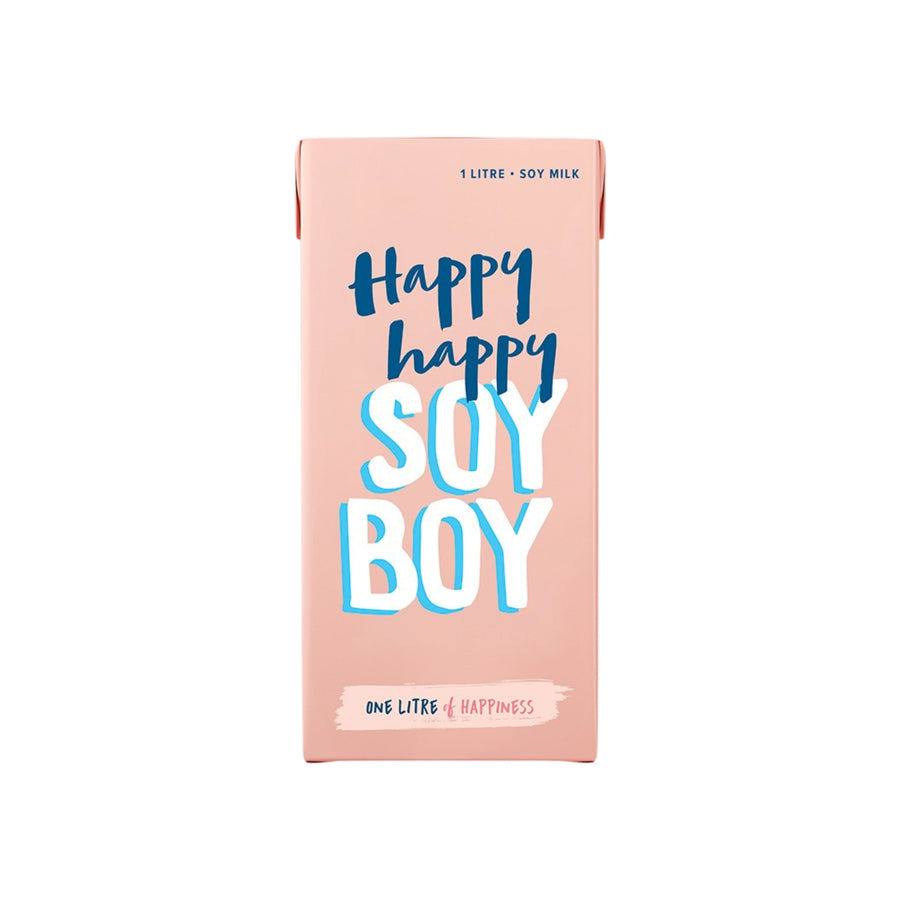
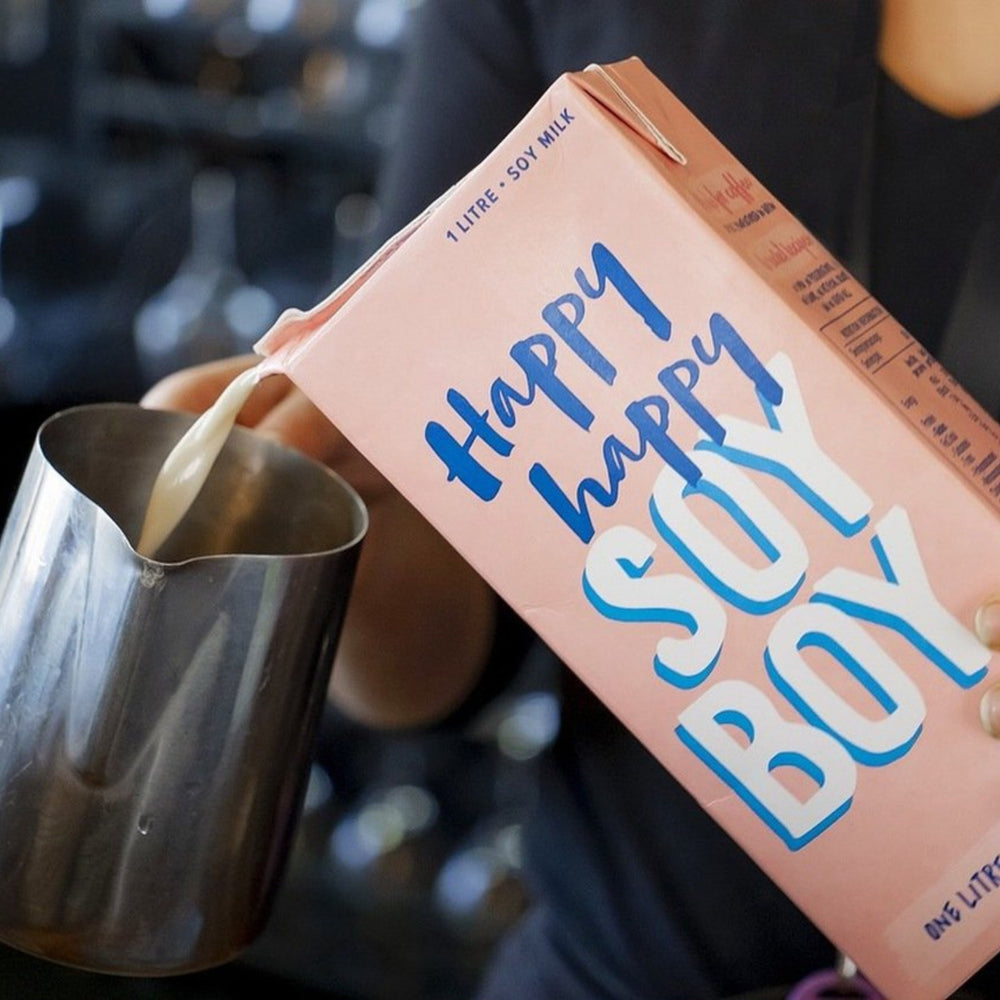
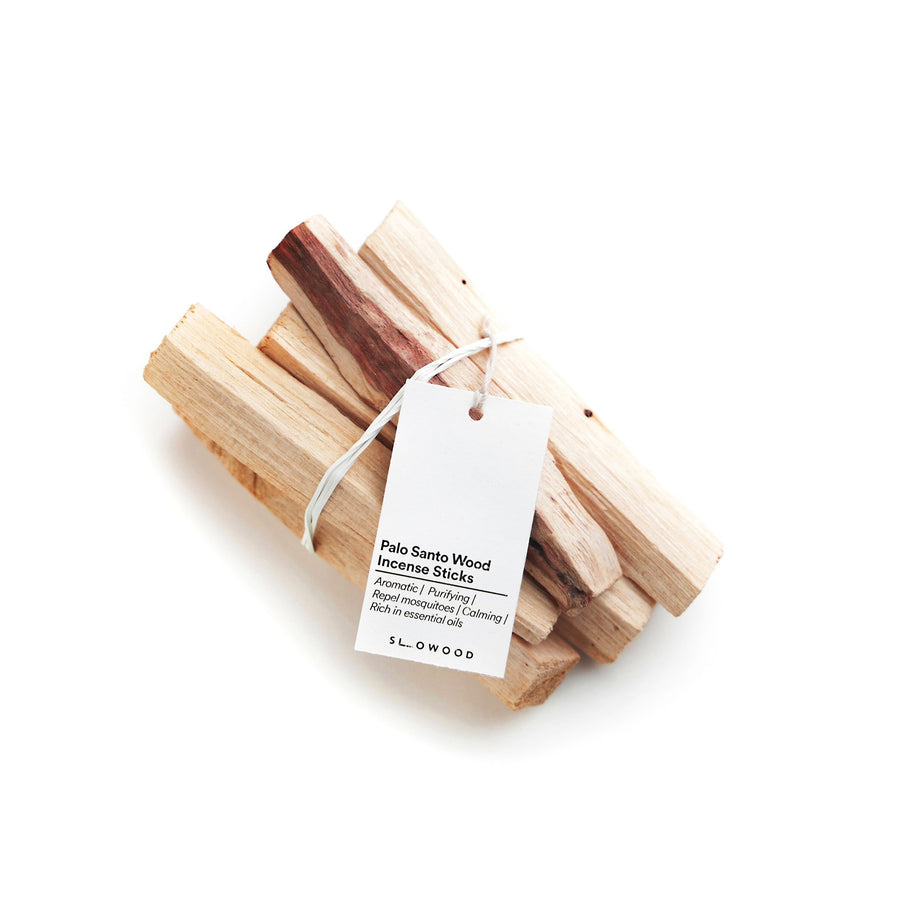
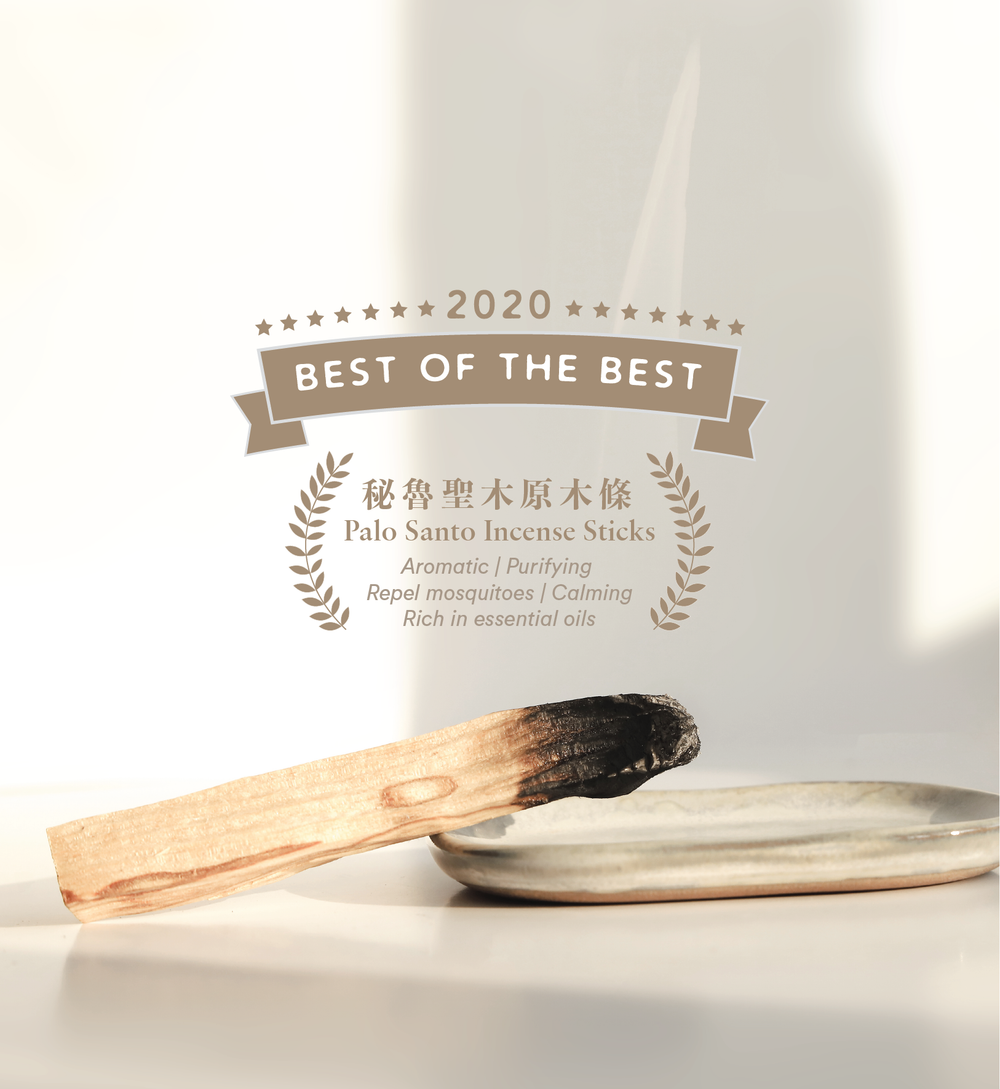


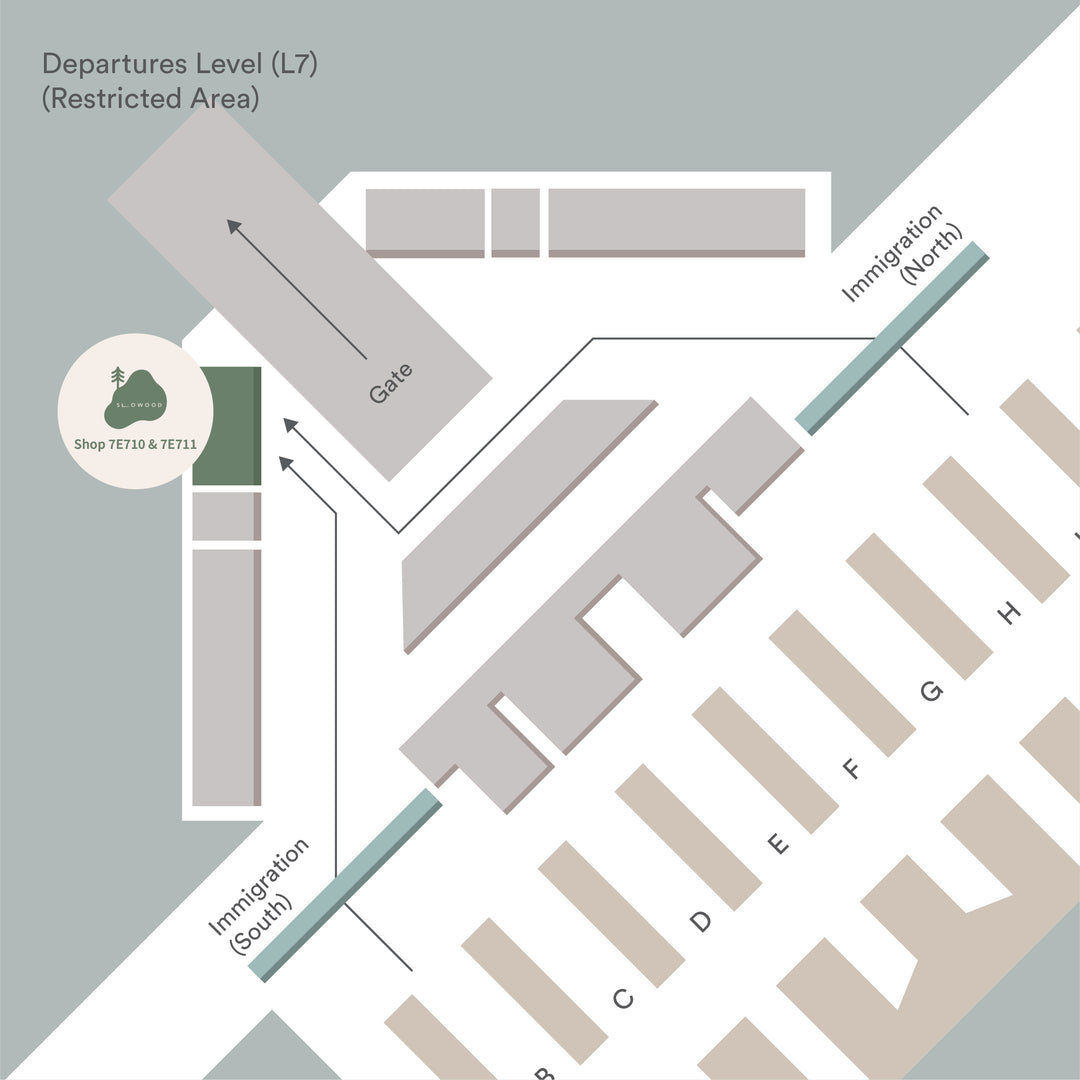


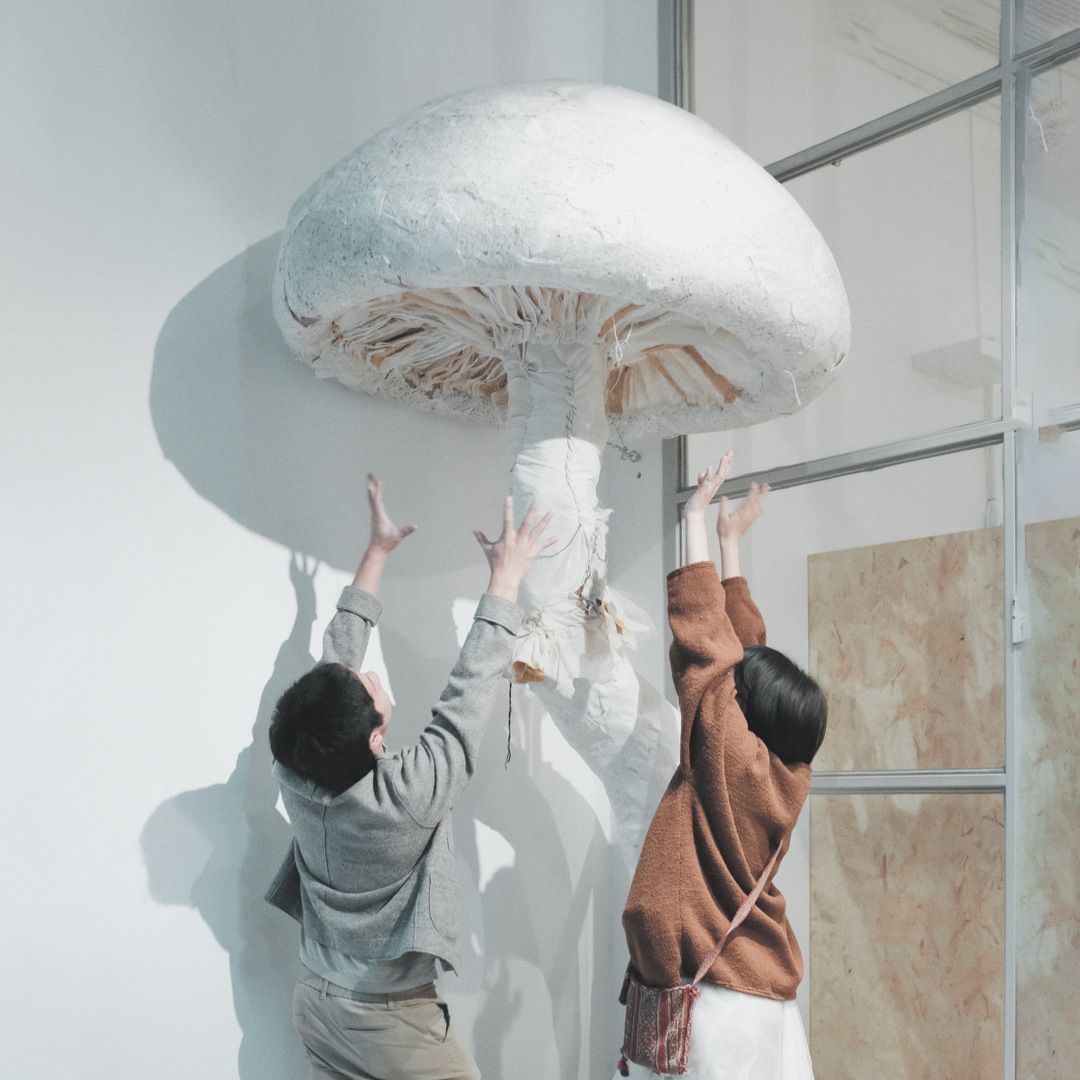
Leave a comment